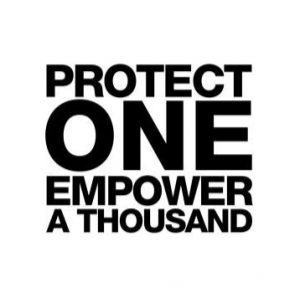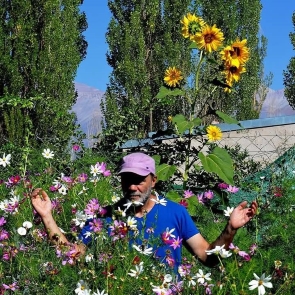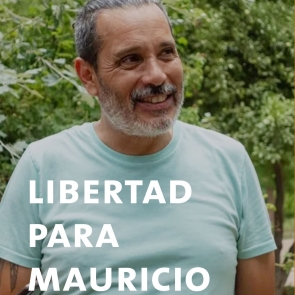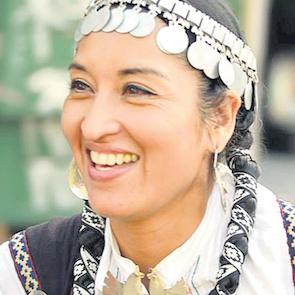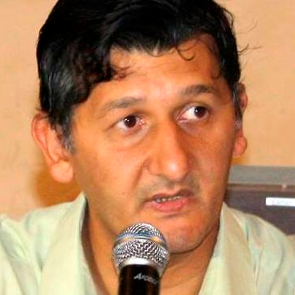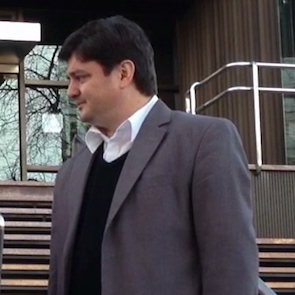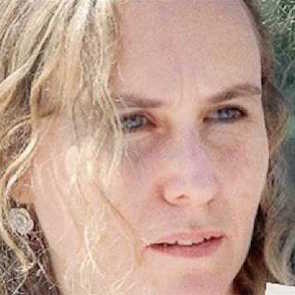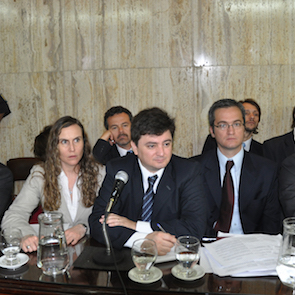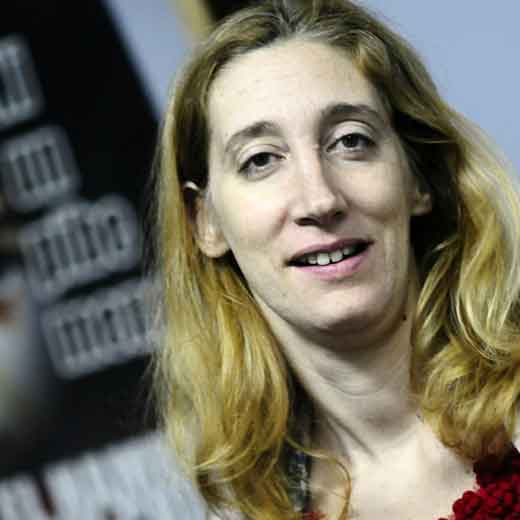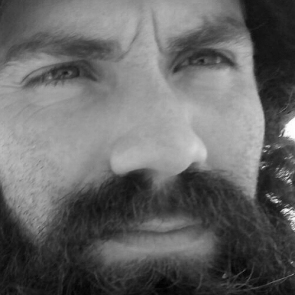#Argentina
#Argentina
Human rights defenders have played a long-standing role in Argentina's pursuit of transitional justice, with Adolfo Pérez Esquivel receiving the Nobel Peace Prize in 1980 for his work as a human rights defender promoting democracy and human rights in the context of dictatorial regimes in Latin America.
For at least a decade, Argentina is established as a state and society that largely respects human rights. However, the crimes of the past and the enduring attempts to assign responsibilities still cloud the situation. While most human rights defenders can operate in freedom, HRDs seeking justice for violations committed during the dictatorship, journalists and trade unionists have received death threats and been subjected to harassment, arbitrary arrest, prosecutions, police violence and smear campaigns. In recent times, defenders have faced new risks, including police brutality, judicial harassment and oppression in indigenous communities.
In 2003 Argentina created its National Witness Protection Programme, which had its mandate expanded in 2005 to include cases related to the ongoing trials concerning crimes committed during the dictatorship. The programme has suffered a lot of criticism from civil society and international organisms. The United Nations has highlighted its inadequacy, as a result of unprepared security personnel, a lack of coordination between national agencies, and its inability to investigate and prevent the threats suffered by human rights defenders.
